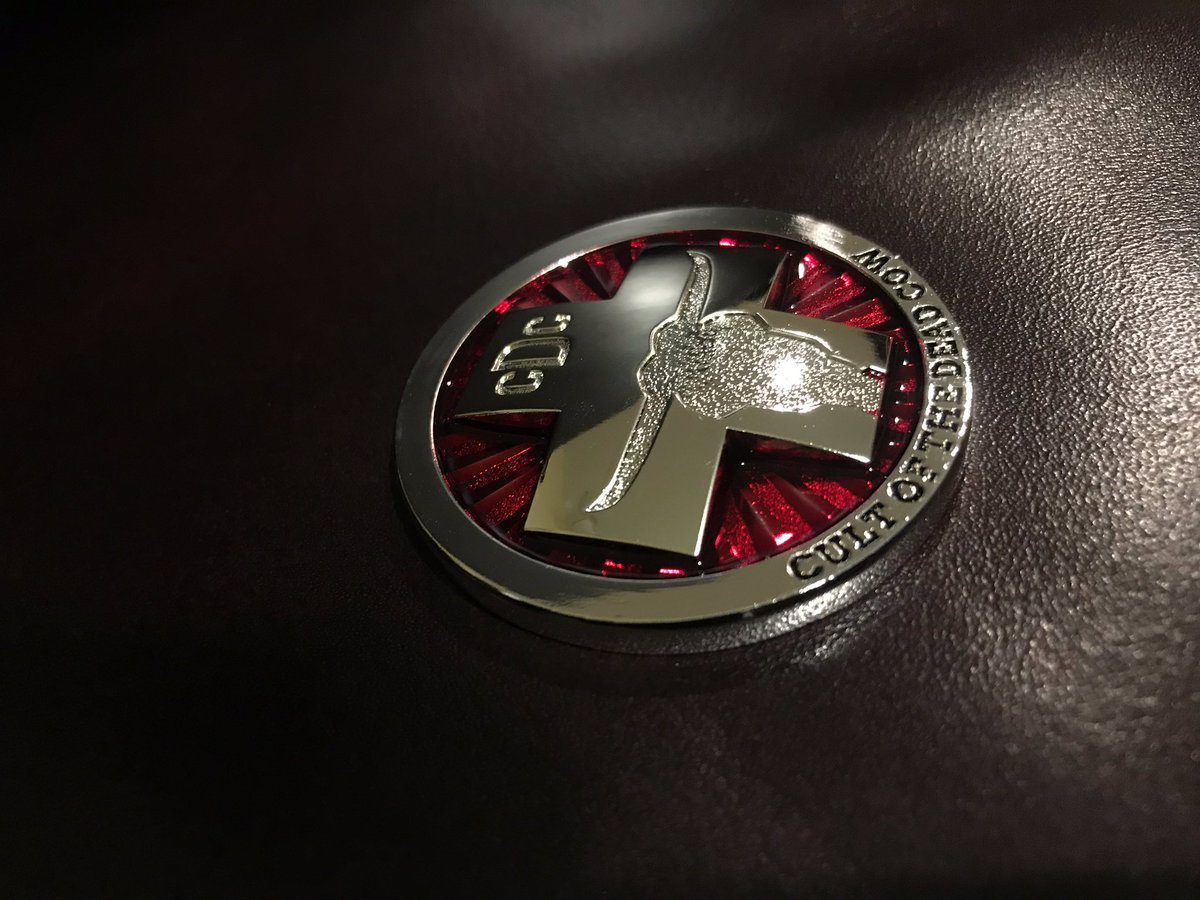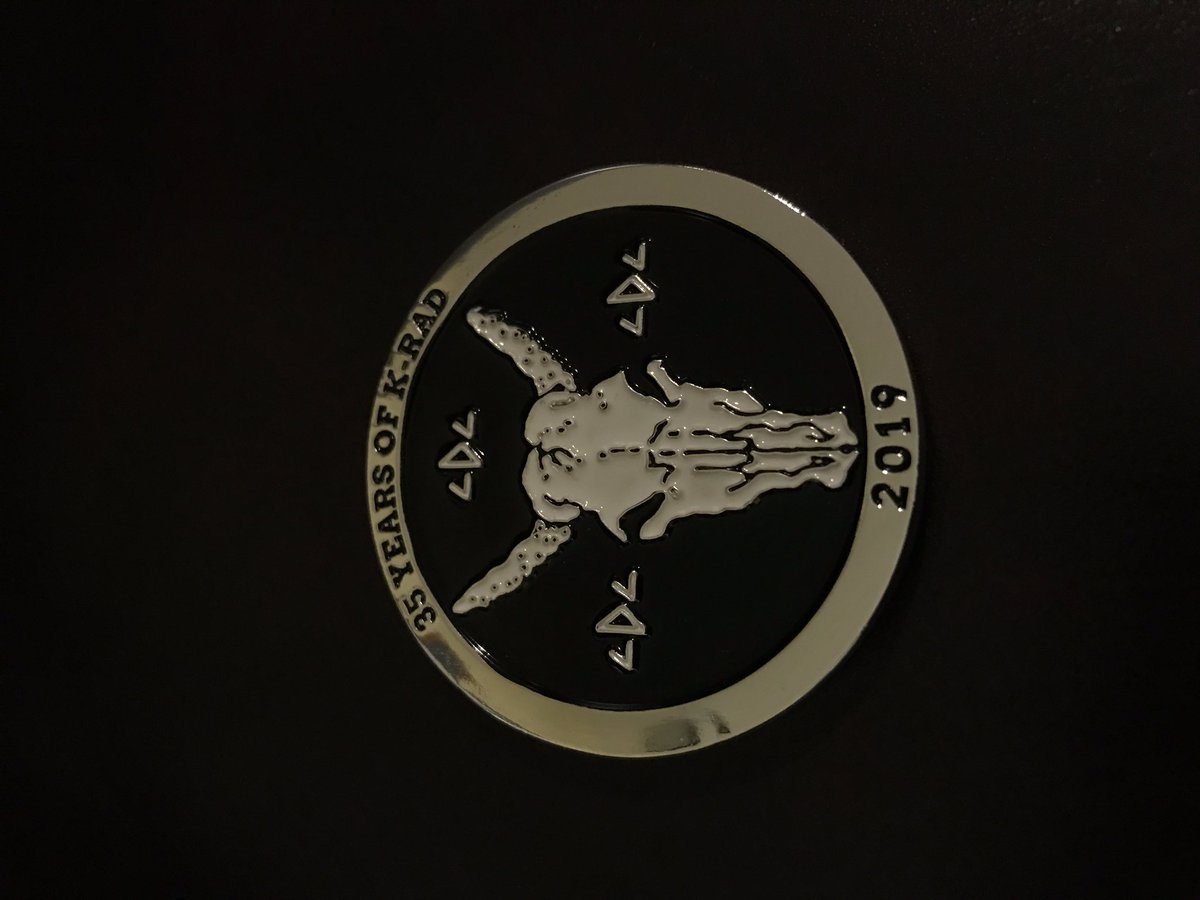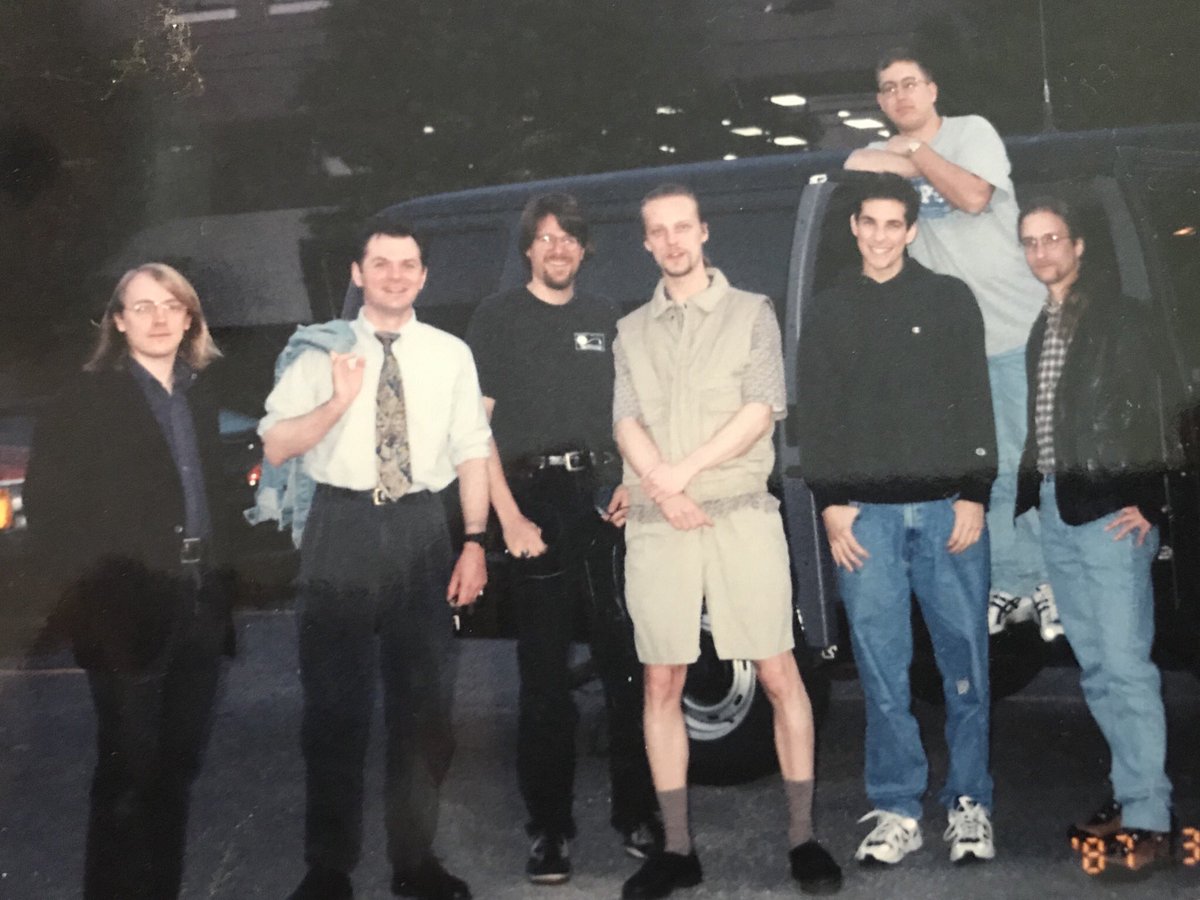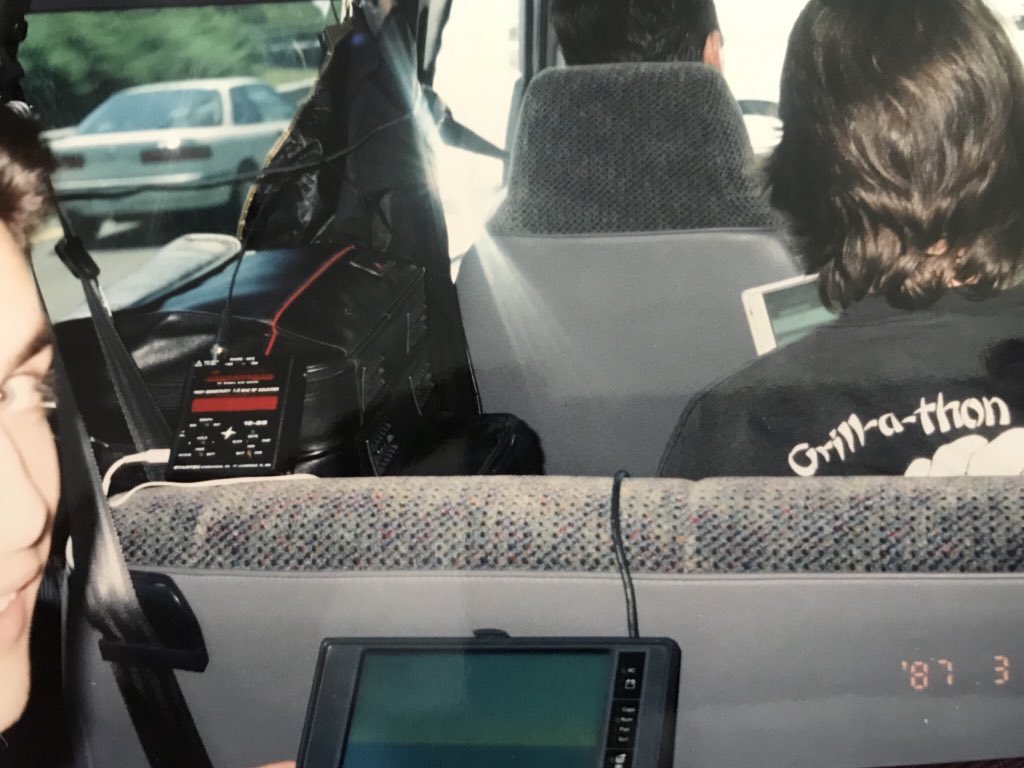Back in the l0pht days, I ran/configured/maintained the Unix system that was “the L0pht”.
Here are the tricks, and here’s how it was attacked...
1/N
I had a somewhat standing bet, that neither of us had the guts to actually commit to, with Theo DeRaadt: either I did, or did not, have an 0-day against OpenBSD at any given moment.
1 year’s salary on the line.
(We were both pretty much broke then 🤷🏼♂️)
I figured a little obscurity wouldn’t hurt.
Especially since I was publishing advisories with Intel shell code.
Not a fan of security through obscurity, but any time it’s cheap to move extra work to your opponent...
Cryptology-wise I probably weakened DES. However, nation states breaking crypto wasn’t the immediate threat.
Cracking /etc/shadow was...
This was pre-netcat era (BTW, I wrote the crappy telnet option negotiation code that is still in nc(1)).
If your client responded... “game on”.
If you want to see how nasty it can be to backdoor something, dear lord, look at the hell-code that is your unix shell.
Shell command parsing is a mess.
On that topic...
getpeername(2)
On their file descriptors.
If the call was successful: game on. I knew it was a network connection instead of the expected IO.
However, there was a person who I think was from South America (Argentina).
They were really good. *Really* good.
And.. this person seemed to have an infinite amount of time to try to figure out and compromise the system.
They were above my level technically.
So... I cheated 😏
I congratulated them.
And immediately, and without being asked, I gave them the root password.
I told them if anything happened to the system I would assume it was their fault. 😈












